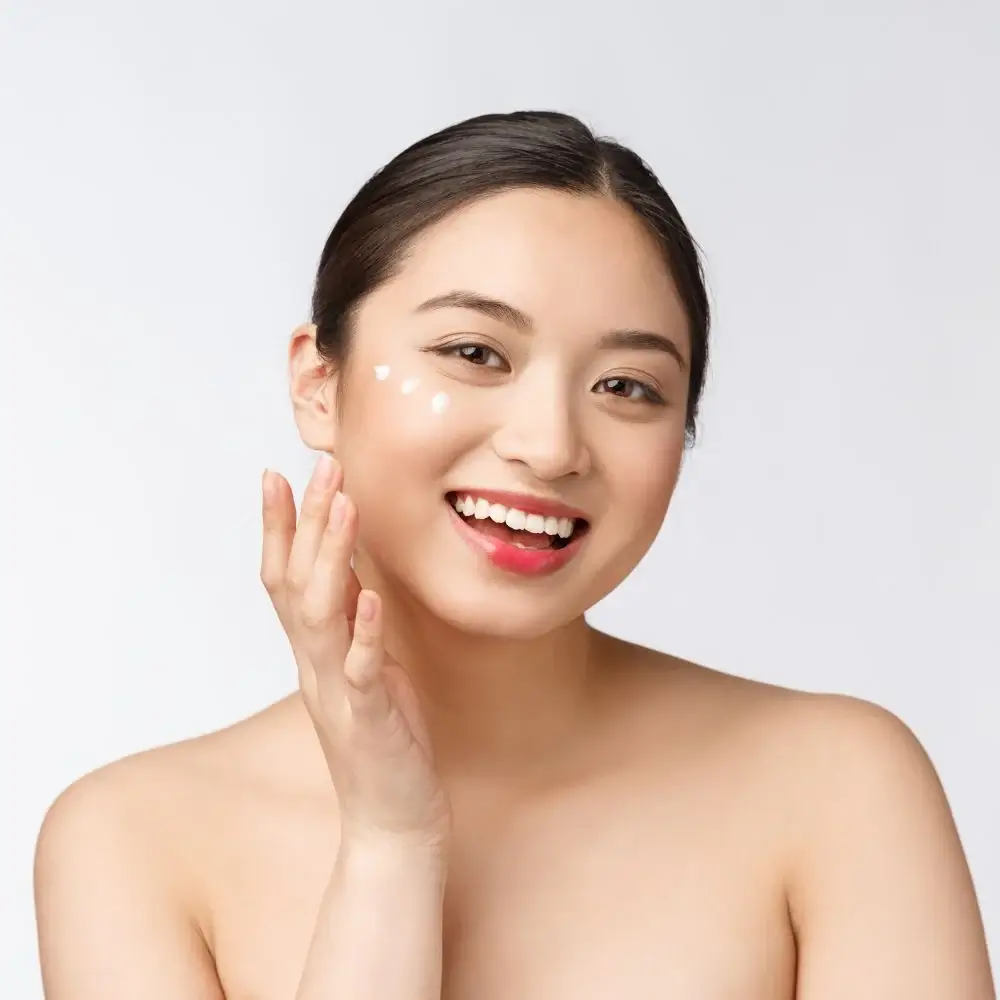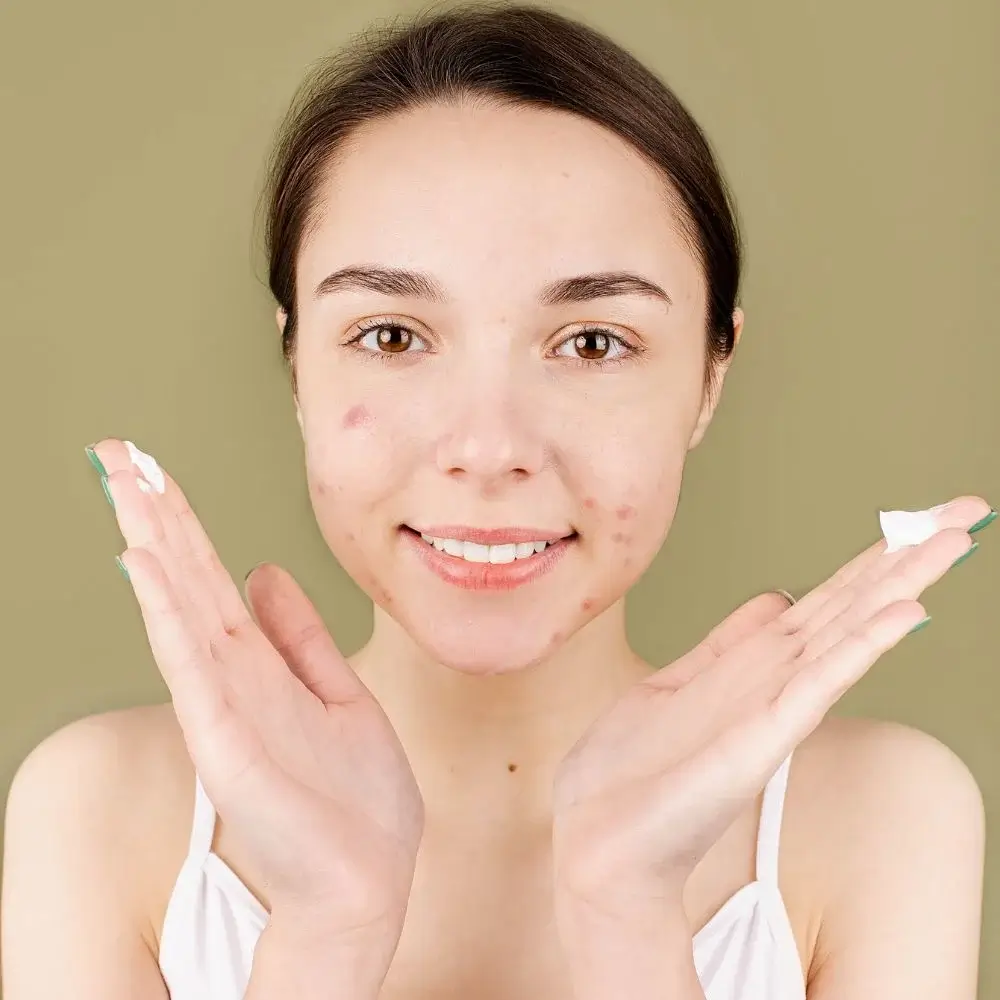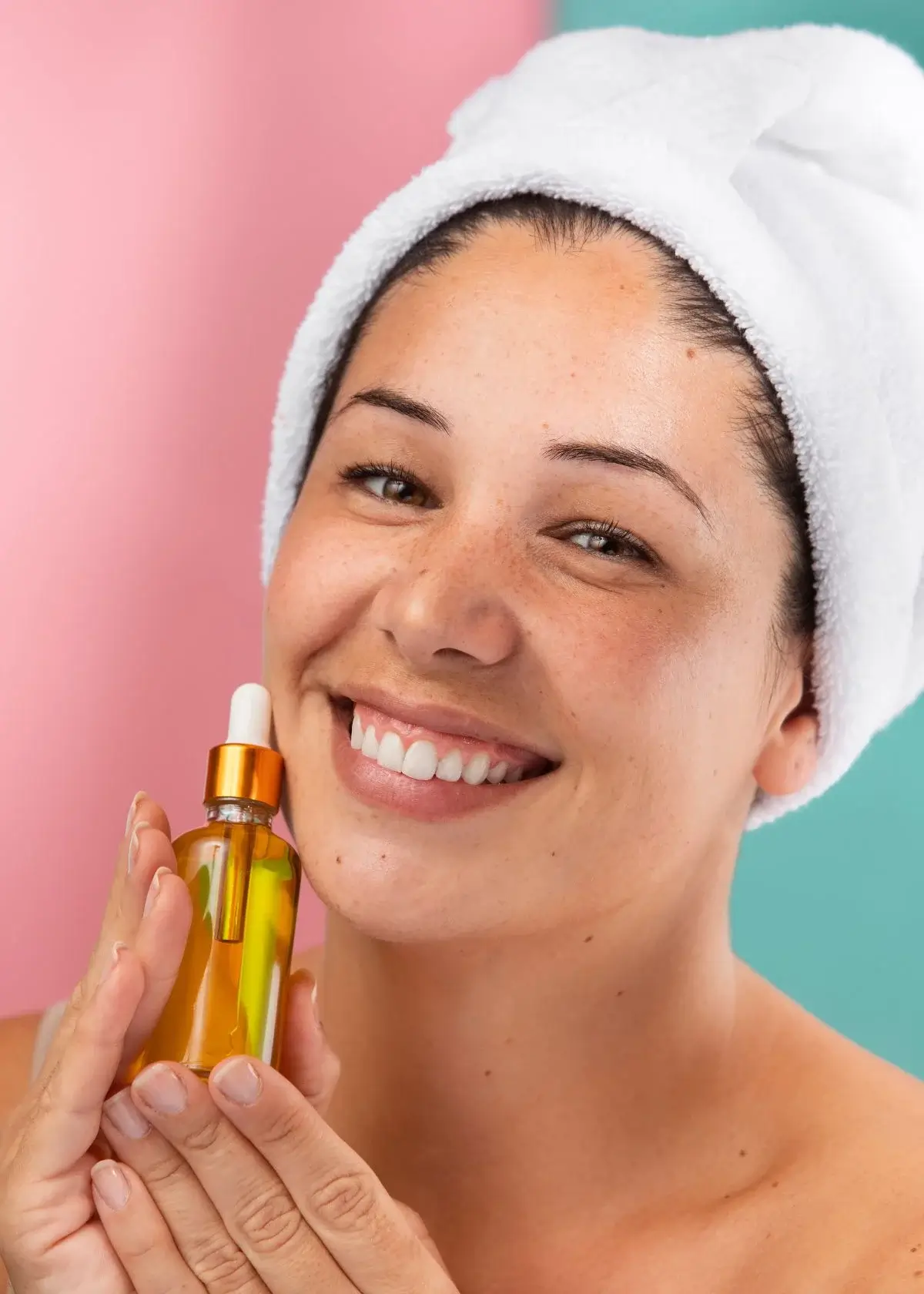Acne can be a stubborn and frustrating skin condition that affects many individuals. Dealing with breakouts, inflammation, and post-acne marks can take a toll on our self-confidence. Fortunately, a skincare ingredient has gained significant popularity for its effectiveness in combating acne: retinol.
Benefits of Retinol for Acne
Reduces Inflammation: One of the key benefits of retinol is its ability to reduce inflammation associated with acne. By calming the skin, retinol helps to minimize redness and swelling, making breakouts appear less angry and irritated.
Unclogs Pores: Retinol works deep within the skin to unclog pores by dissolving excess oil and dead skin cells. This helps to prevent future breakouts and keeps the skin clear and smooth.
Reduces Post-Acne Marks: Acne often leaves unwanted marks, such as hyperpigmentation or scarring. Retinol helps to fade these post-acne marks by promoting cell turnover and stimulating collagen production, resulting in a more even and radiant complexion.
Improves Skin Texture: Retinol can remarkably improve skin texture by increasing cell turnover. This means dull, rough skin replaces smoother, more youthful-looking skin.
How Retinol Works for Acne
Retinol, a vitamin A derivative, promotes cell turnover and stimulates collagen production. It targets the root causes of acne, such as clogged pores and inflammation, to help prevent breakouts and improve overall skin health. Besides, retinol has been found to regulate sebum production, reducing excess oil that can contribute to acne formation.
Incorporating Retinol into Your Skincare Routine
When using retinol for acne, it's important to start slowly and gradually increase usage to allow your skin to adjust. Here are some tips to incorporate retinol effectively and safely into your skincare routine:
Patch Review: Before applying retinol all over your face, do a patch review on a small area of your skin to check for any adverse reactions or sensitivity.
Start with a Low Concentration: Begin with a low concentration of retinol and gradually increase the strength over time. This helps minimize potential irritation and allows your skin to acclimate to the ingredients.
Use at Night: Retinol can make your skin more sensitive to the sun, so it's best to use it in your nighttime skincare routine. Always follow up with a broad-spectrum sunscreen during the day.
Moisturize: Retinol can dry, so moisturize your skin after applying it. Look for a gentle and hydrating moisturizer suitable for your skin type.
Be Consistent: Consistency is key when using retinol. Incorporate it into your skincare routine regularly for best results. However, if you experience excessive dryness or irritation, scale back usage or consult with a dermatologist.
Retinol is a game-changer when it comes to tackling acne and improving the overall health of your skin. Its ability to reduce inflammation, unclog pores, fade post-acne marks, and refine skin texture makes it a valuable addition to any skincare routine. As with any skincare ingredient, it's important to start slowly, be patient, and listen to your skin's needs. By incorporating retinol effectively and safely, you can experience its transformative benefits and embrace clearer, healthier, and more radiant skin.
Unlock clear and radiant skin with our meticulously researched Best Retinol for Acne. This transformative formula combats acne with precision and efficacy, thanks to the power of retinol. Experience a rejuvenated complexion with our targeted acne treatment. Your new favorite in acne management awaits—click now to explore the Best Retinol for Acne and discover the secrets to blemish-free, smooth skin. Regain confidence in your complexion.
What are the potential side effects of using retinol for acne?
While retinol is a formidable ally in the battle against acne, understanding potential side effects is crucial. Among these, mild irritation, redness, and dryness may transiently manifest. To navigate this, consider initiating retinol treatment with a lower concentration, progressively increasing as your skin acclimates. Should persistent irritation arise, seeking guidance from a dermatologist is prudent. Their nuanced expertise can offer tailored strategies to address side effects, ensuring a harmonious equilibrium between the therapeutic efficacy of retinol and the overall well-being of your skin during the nuanced journey of acne management.

What is the proper way to incorporate retinol into my skincare routine for acne?
The seamless integration of retinol into your skincare routine demands a thoughtful and systematic approach. In your nighttime regimen, apply retinol after meticulous cleansing and before moisturizing. Initiate with a modest pea-sized amount, progressively increasing frequency to build tolerance. To maintain optimal skin equilibrium and mitigate potential irritation, consider pairing retinol with a gentle cleanser and a deeply nourishing moisturizer. This meticulous approach not only underscores the efficacy of retinol in your comprehensive acne-fighting arsenal but also elevates the significance of prioritizing your skin's overall health and comfort.

What results can I expect from using retinol for acne, and how soon?
Anticipating results from retinol in acne treatment is a nuanced journey. While many users experience a clearer complexion within the initial weeks, the transformative effects continue to unfold over time with consistent application. While initial improvements are expected, the comprehensive benefits of retinol on acne may take several weeks to months to manifest fully. This underscores the importance of patience and a steadfast commitment to a sustained application routine tailored to the unique responses of individual skin.

How long does it take for retinol to show noticeable improvements in acne?
The temporal trajectory of noticeable improvements in acne with retinol is multifaceted. While some individuals witness changes within a few weeks, others may require several months for the full impact to materialize. Consistency is paramount, with a gradual initiation using lower concentrations. This measured approach ensures that retinol's progressive and transformative effects on acne are optimally realized over time, offering a bespoke and enduring solution tailored to the individualized needs of your skin.

How can I properly layer retinol with other skincare products for optimal results?
The strategic layering of retinol with other skincare products is pivotal to maximizing results. Apply retinol before applying heavier creams and after lightweight serums to facilitate optimal absorption. Avoid concurrent use with products containing benzoyl peroxide or vitamin C, as these may heighten skin sensitivity. This thoughtful and precise layering enhances the absorption and efficacy of retinol. It ensures a cohesive and synergistic approach within your comprehensive acne-fighting skincare regimen, elevating the entire routine to a sophisticated and personalized skincare symphony.
Should I be concerned about sun exposure while using retinol for acne treatment?
Sun protection is a non-negotiable cornerstone during the journey of retinol acne treatment. Retinol heightens skin sensitivity to sunlight, underscoring the importance of incorporating a robust sunscreen into your daily routine. Opt for a broad-spectrum SPF of at least 30 and apply it daily. This conscientious measure not only shields your skin from the harmful impact of UV rays but also synergizes with retinol, augmenting its effectiveness in addressing acne concerns. Embracing this dual approach not only prioritizes effective acne management but also fosters enduring skin health, resilience, and an enduring commitment to the holistic well-being of your skin.







